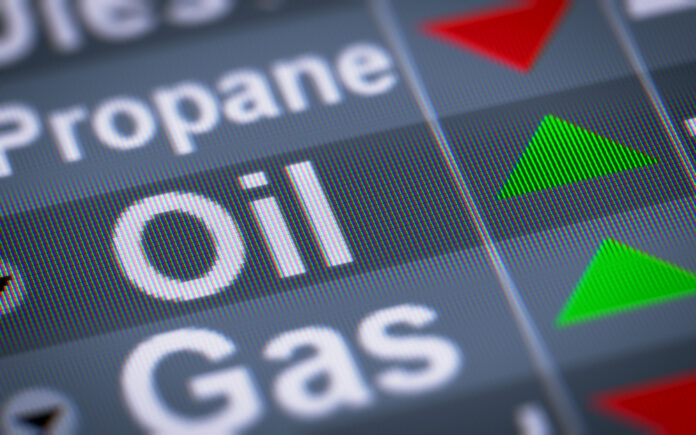RIYADH: Oil edged up on Wednesday, a day after it fell through $100 a barrel for the first time since April, while traders looked toward US inflation data that could weaken the market.
Brent crude futures were up 24 cents, or 0.2 percent, at $99.73 a barrel at 0325 GMT.
US West Texas Intermediate crude gained 10 cents, or 0.1 percent, to $95.94.
Libya’s government to replace National Oil Corp. chairman
Libya’s Government of National Unity decided to replace the National Oil Corp. chairman and board on Tuesday as control over the state energy producer was drawn further into a complex political standoff between rival factions.
According to the text of the decision confirmed to Reuters by a GNU official, Prime Minister Abdulhamid Al-Dbeibah will replace veteran NOC chairman Mustafa Sanalla with Farhat Bengdara, the central bank governor before Libya’s 2011 revolution.
The GNU did not announce the decision, which circulated widely in local and social media, but the Oil Ministry later welcomed the move in a statement.
Separately, NOC said it was resuming oil exports from two ports and hoping to restart output at closed fields, signaling a possible end to a blockade by eastern forces imposed as a tactic to drive Dbeibah from office.
Access to state oil revenue through NOC and the Central Bank of Libya has been the main prize for sparring factions since the 2011 NATO-backed uprising that led to years of chaos and violence in the North African country.
In March, the eastern-based parliament appointed a new government under Fathi Bashagha to take over in Tripoli, but Dbeibah refused to step down.
Libya’s Oil Minister Mohamed Oun, who has feuded with Sanalla, said the NOC board changes were “an important step to preserve oil wealth.”
Germany to stop buying Russian coal, oil
Germany will stop buying Russian coal on Aug. 1, and Russian oil on Dec. 31, marking a major shift in the source of the country’s energy supply, deputy finance minister Joerg Kukies said at a conference in Sydney.
The key challenge ahead will be filling the huge gap that will be left when the EU weans itself off the 158 billion cubic meters per year of gas that Russia supplies, Kukies said.
“We will be off Russian coal in a few weeks,” he told the Sydney Energy Forum, co-hosted by the Australian government and the International Energy Agency.
He said that Russia previously supplied 40 percent of Germany’s coal and 40 percent of its oil.
“Anyone who knows the history of the Druzhba pipeline, which was already a tool of the Soviet empire over eastern Europe, ridding yourself of that dependence is not a trivial matter, but it is one that we will achieve in a few months,” Kukies said.
(With input from Reuters)

